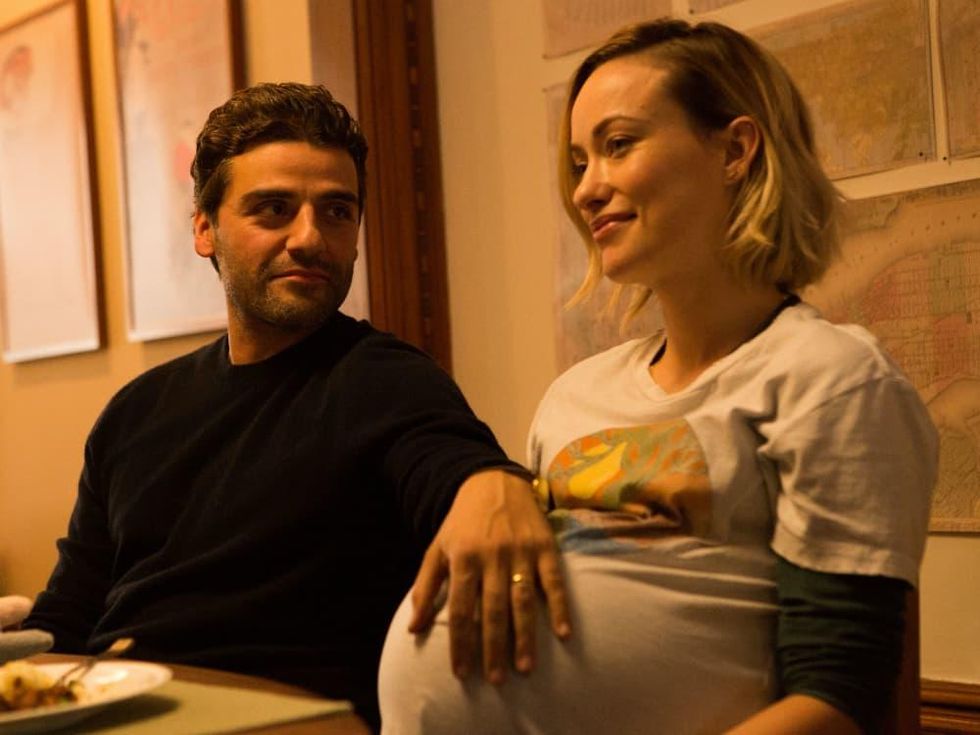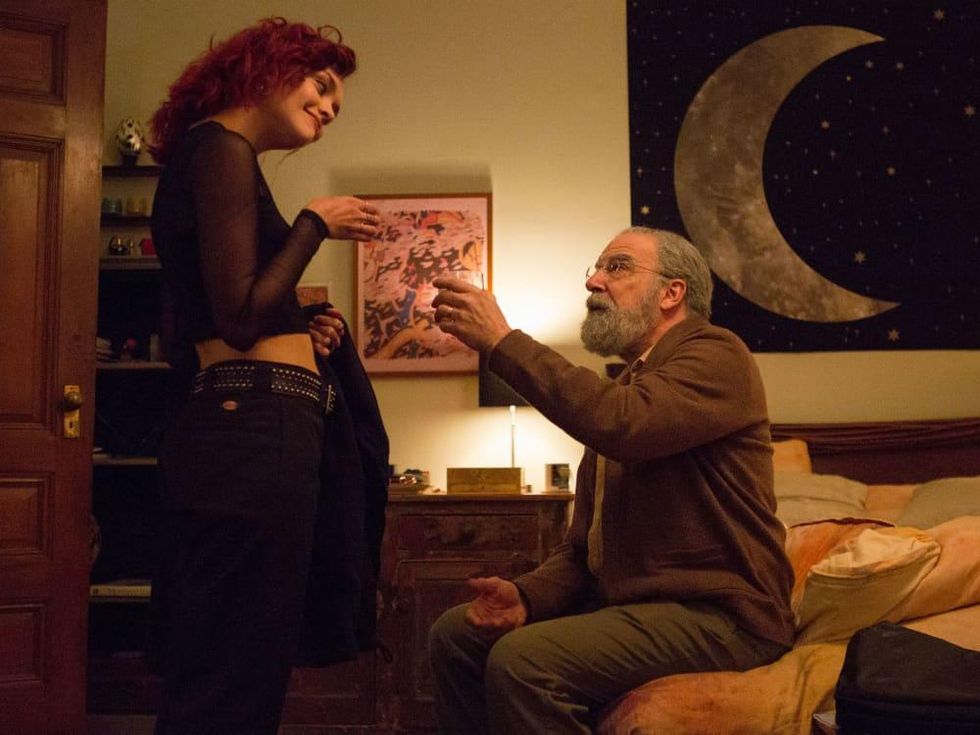Movie Review
Life Itself undercooks attempt at emotional storytelling
Movies with an obvious intent of making their audience cry have a long history in cinema, from Love Story to Terms of Endearment to The Notebook to The Fault in Our Stars. If you combine those relatively simple stories with a star-packed, intersecting storyline movie like Love Actually, you’ll get the new film, Life Itself.
The film is told in chapters that focus on different characters, starting with Will (Oscar Isaac). We’re told in so many words and via flashbacks that he had an amazing romance with Abby (Olivia Wilde), but at the time we meet him, he’s at an extremely low point in his life for unknown reasons.
Those reasons come to the forefront in counseling sessions with Dr. Cait Morris (Annette Bening), which bring into play the other major players of the film. They include Will’s mother and father (Jean Smart and Mandy Patinkin); Will and Abby’s daughter, Dylan (Olivia Cooke); Mr. Saccione (Antonio Banderas), a wealthy olive grower in Spain; Javier (Sergio Peris-Mencheta), one of Saccione’s workers; and Rodrigo (Alex Monner), Javier’s son.
The key to making any good tearjerker is establishing a great connection with the film’s characters. Unfortunately for this movie, it starts out extremely dark and can never find its way out of that darkness. There are periodic moments when characters are allowed to be happy, but they are short-lived, followed very quickly by more drama and tragedy.
The “amazing romance” between Will and Abby is shown to have a creepy beginning, and that colors almost every interaction they have for the rest of the film. Javier appears to be a good and decent man, but he has a stubborn streak that goes unexplained, which leads to several baffling decisions. Only Dylan and Rodrigo, by virtue of being products of the lives their parents led, act in ways that are clear and understandable.
The film is written and directed by This Is Us creator Dan Fogelman, who inserts two concepts that weigh the story down. The first is the repeated use of Bob Dylan’s song “Make You Feel My Love.” The reverence of Dylan by one character and apparently Fogelman himself becomes too much, with the song turning into a burden for the film instead of an emotional through line.
He also repeatedly brings up the idea of unreliable narrators, something that is supposed to make the story deep, forcing the audience to actually think about what they’re watching. Instead, it only serves to make it extra confusing, as you can never be sure what you’re watching is actually happening. Also, storytelling clichés abound, with elements that have been overused in better movies cropping up again and again.
Almost nobody comes out of the film unscathed. Isaac and Wilde are not remotely believable as a couple, and this lack of chemistry prevents their characters from ever gaining a foothold in our hearts. Elder statesmen Patinkin and Banderas come off the best, as they’re well-practiced in making the most of whatever screen time they’re given.
Fogelman and his team have done wonders in creating heartwarming and heartbreaking drama on This Is Us, but he cannot create the same magic in Life Itself. It’s an undercooked and overwrought story that never comes close to earning the emotions it seeks.




